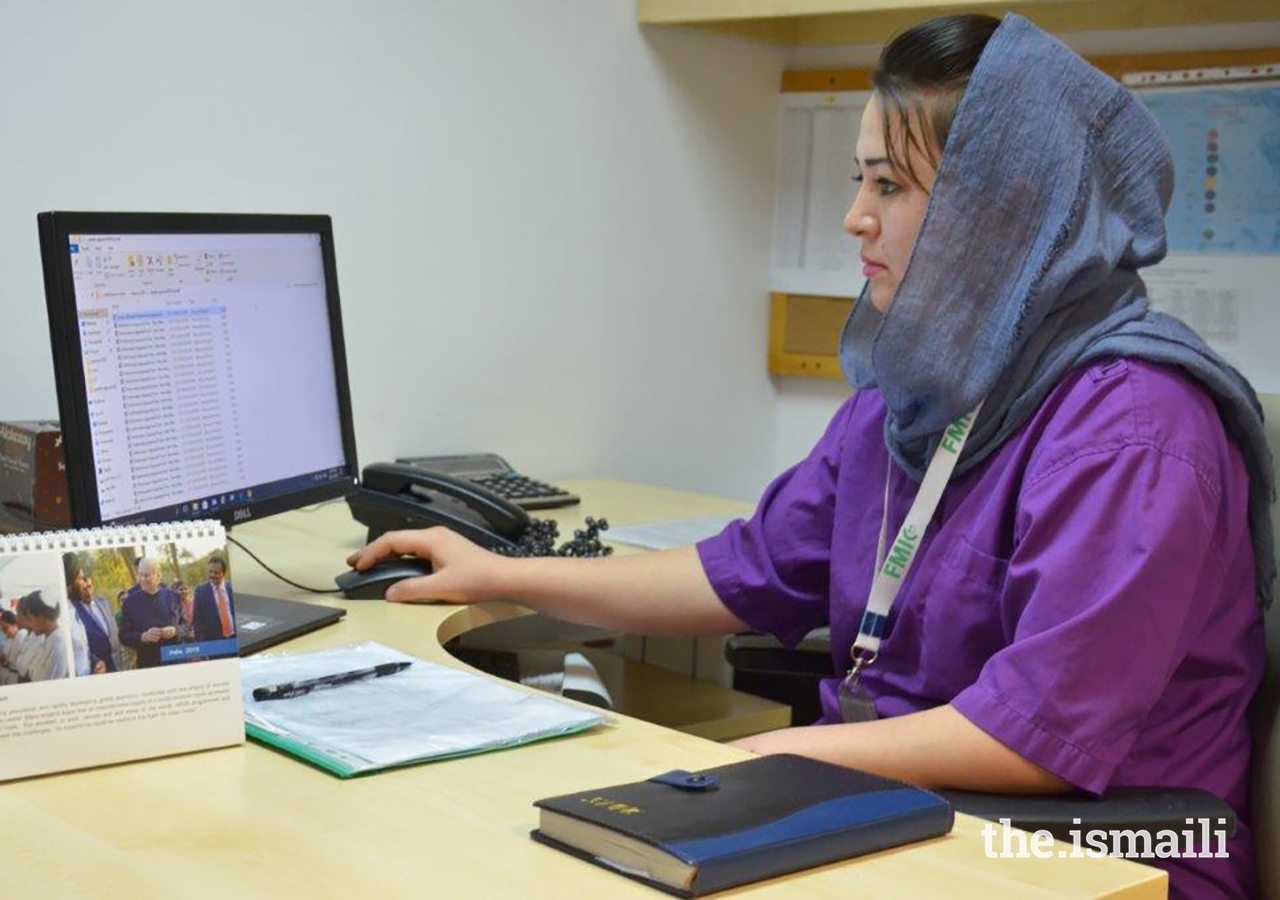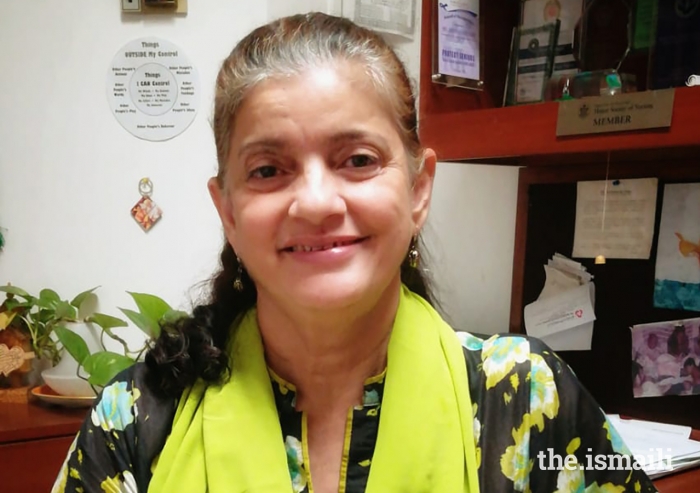After the Taliban regime was overthrown, Hussaini returned to Kabul in 2003. Realising that she wanted to serve her community and the women within it in a positive way, she majored in Business Administration at the local university and found “women to be oppressed and ignored in [her] society.”
“Therefore, as an educated woman, I became passionate about activities that could help women in a conservative society like Kabul. One way which appeared to be the most realistic and achievable in order to help women in my society was becoming a midwife,” she said. Shocked by the statistic that a mother loses her life every 27 minutes in Afghanistan due to the lack of supplies and midwives necessary during labour, Shukria refused to stand by this fact and decided to take action.
After receiving a diploma in midwifery, she started working at one of the busiest hospitals in Afghanistan, Rabia Balkhi.
“I was taking part in up to 30-60 deliveries each night. It is not only a matter of delivering, but a matter of saving the life of a newborn and the mother. There, I realised that the midwives are at the front line to fight against the rise of mothers’ mortality rates in Kabul,” she said.
With every successful delivery, Shukria confirmed her passion for midwifery and wanted to climb the leadership ladder as well.
“I worked hard and did my best to become a head nurse there and successfully, a year passed by, and I became the head of midwives in the French Medical Institute for Children and Mothers (FMIC). Definitely all my education, as well as working experience with the help of my husband played a vital role in such success. I [covered] six critical areas (OT, Recovery Room, HDU, Resuscitation Room, Labour Room, and Triage Room) with my skillful team members for the last three years,” she commented.
Shukria strongly believes that the Imam and his guidance helped her achieve all that she has pursued.
“Whatever we have and we are today is from Mawlana Hazar Imam’s guidance and blessings; if we were not educated during our emigration with the help of Imamat and Jamati institutions, it [would not have been] easy to become so futuristic; our tariqa [taught] us to educate ourselves and helping others is part of daily practicing faith.”
Currently, Shukria is a member of the Afghanistan Midwives Association, a volunteer at the Ismaili Council’s Health Committee, and the head of all midwives at FMIC. She has expanded her interest in health to labour research and will soon be conducting a presentation at a conference at the Ministry of Public Health.








